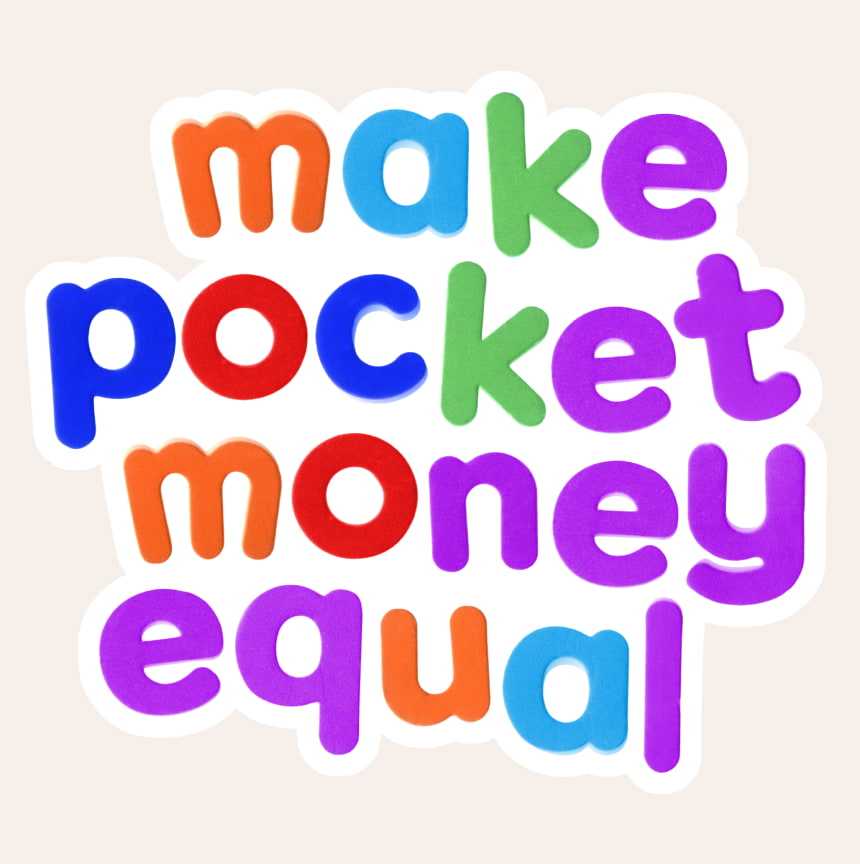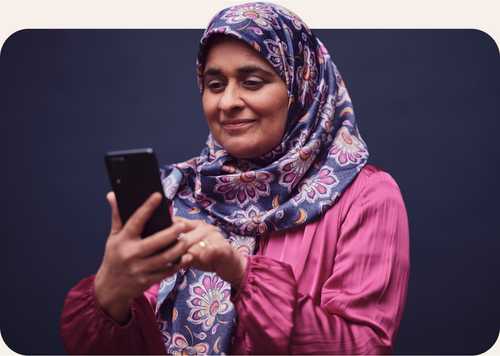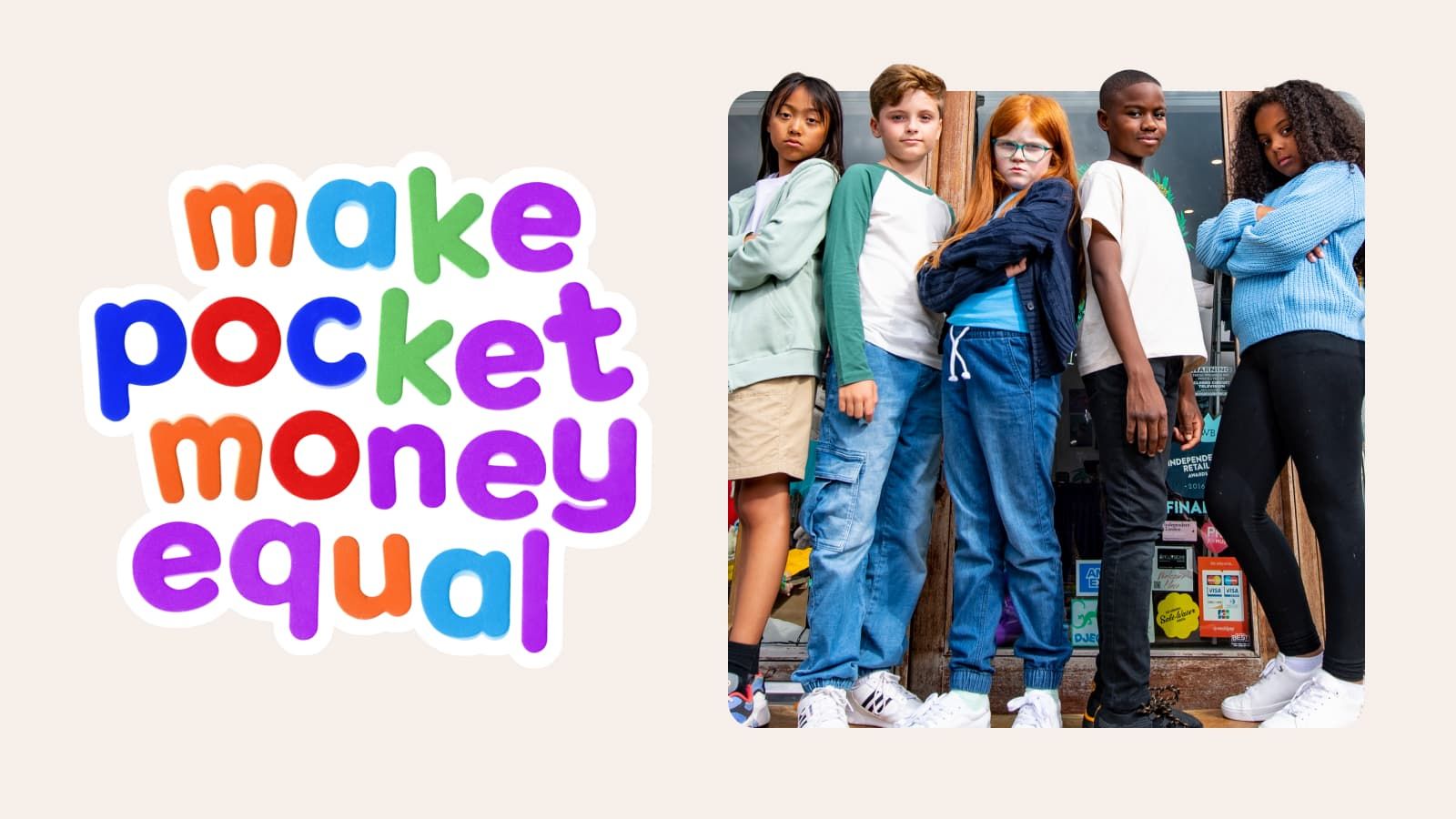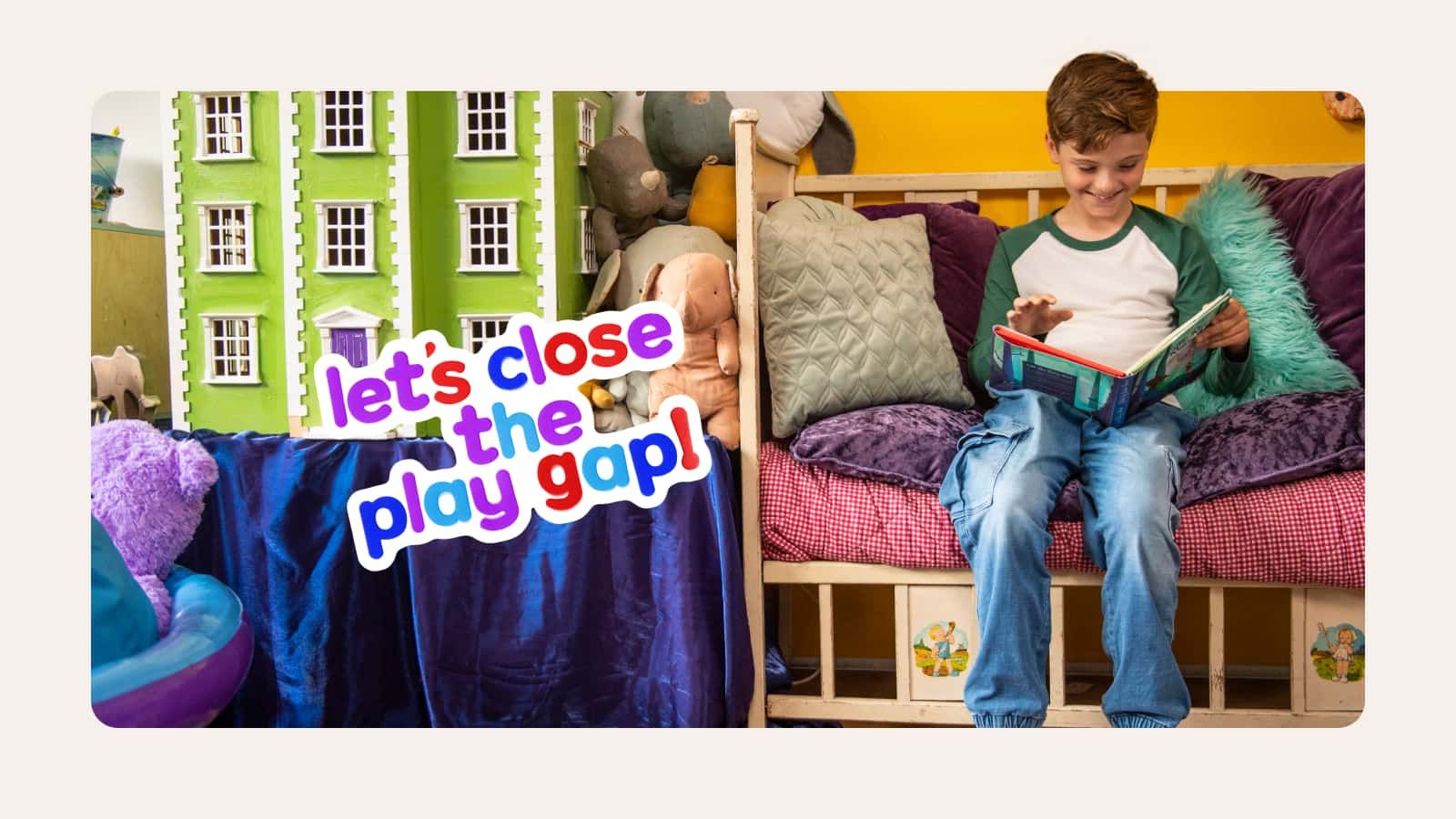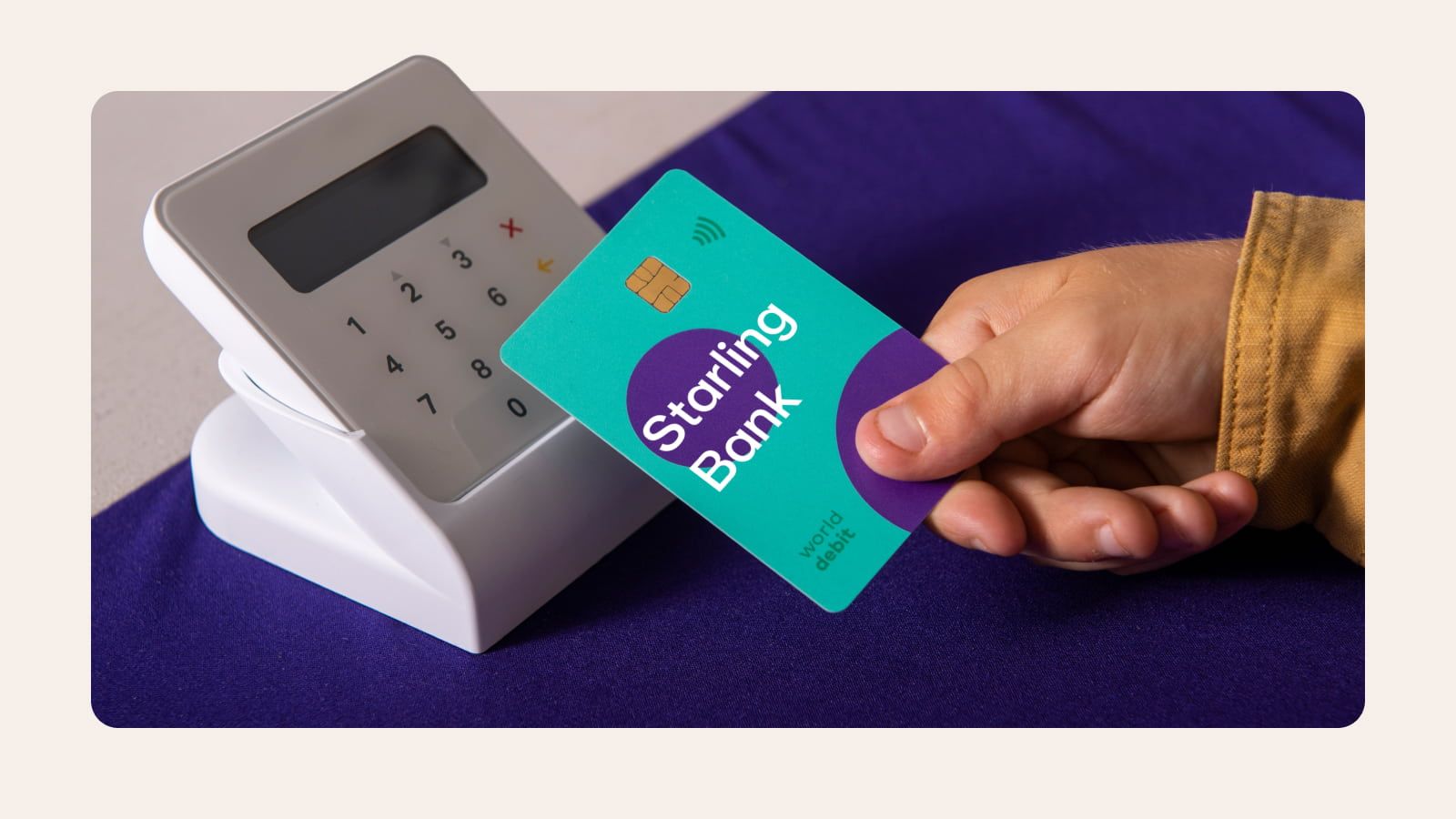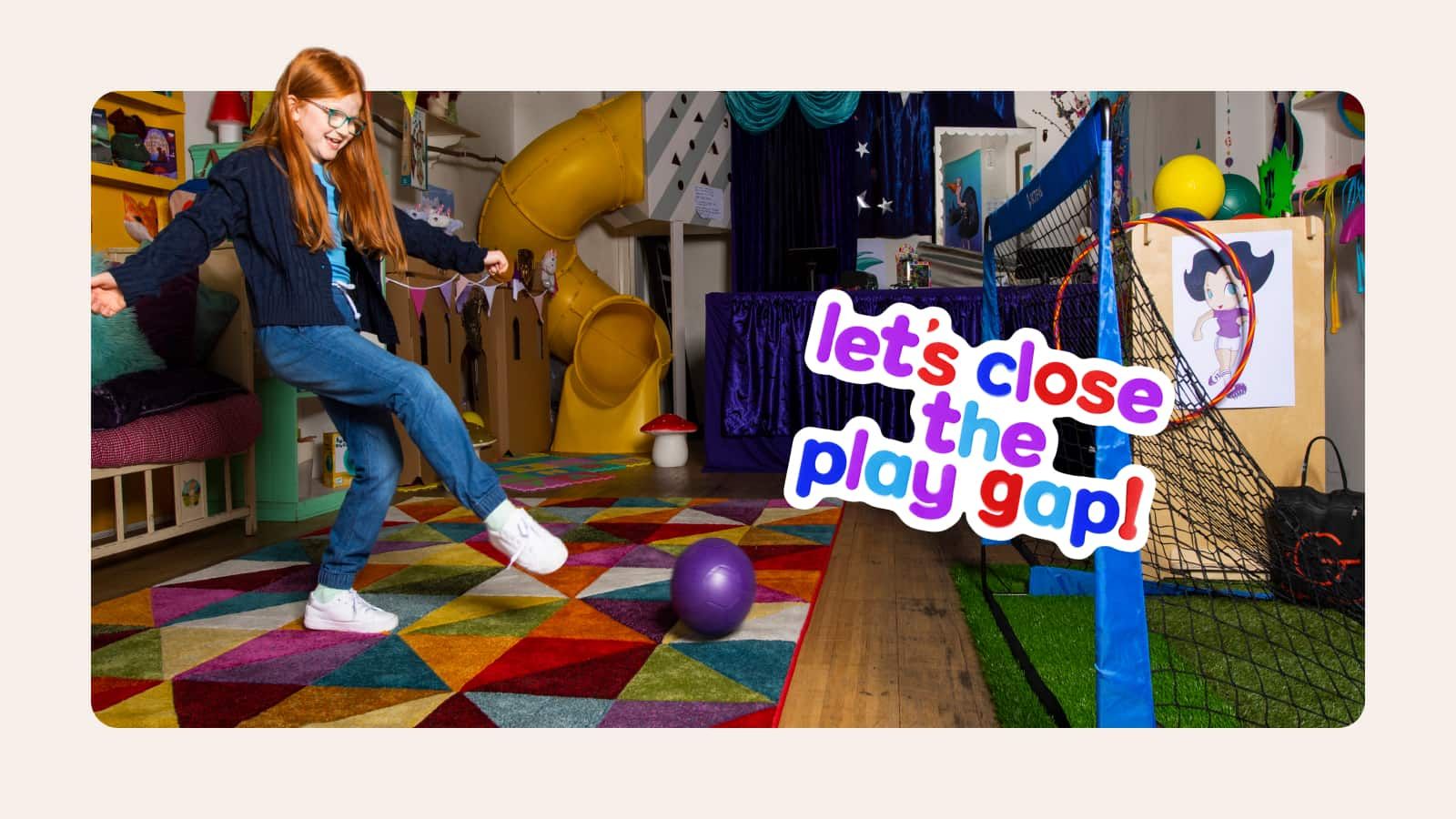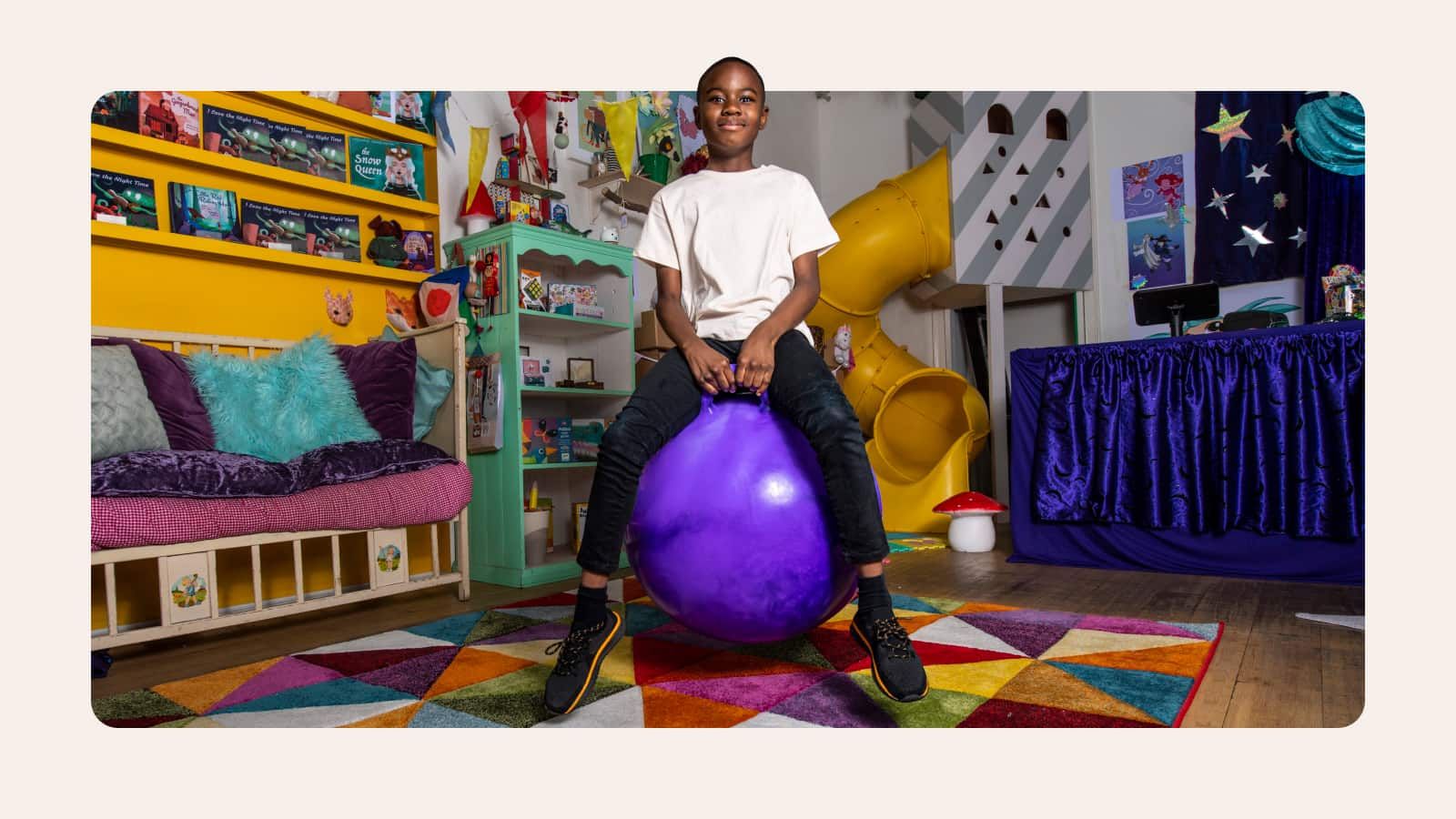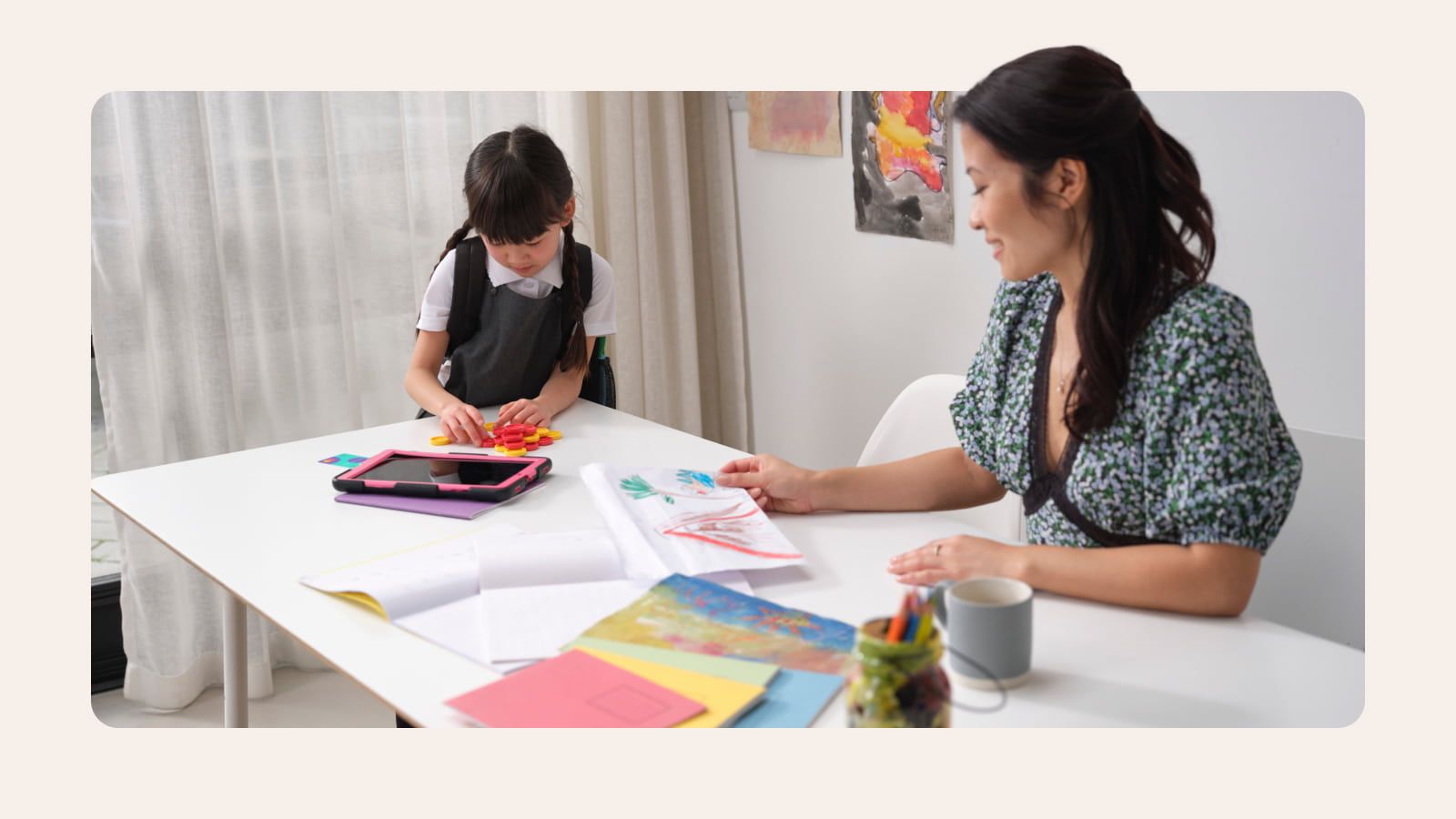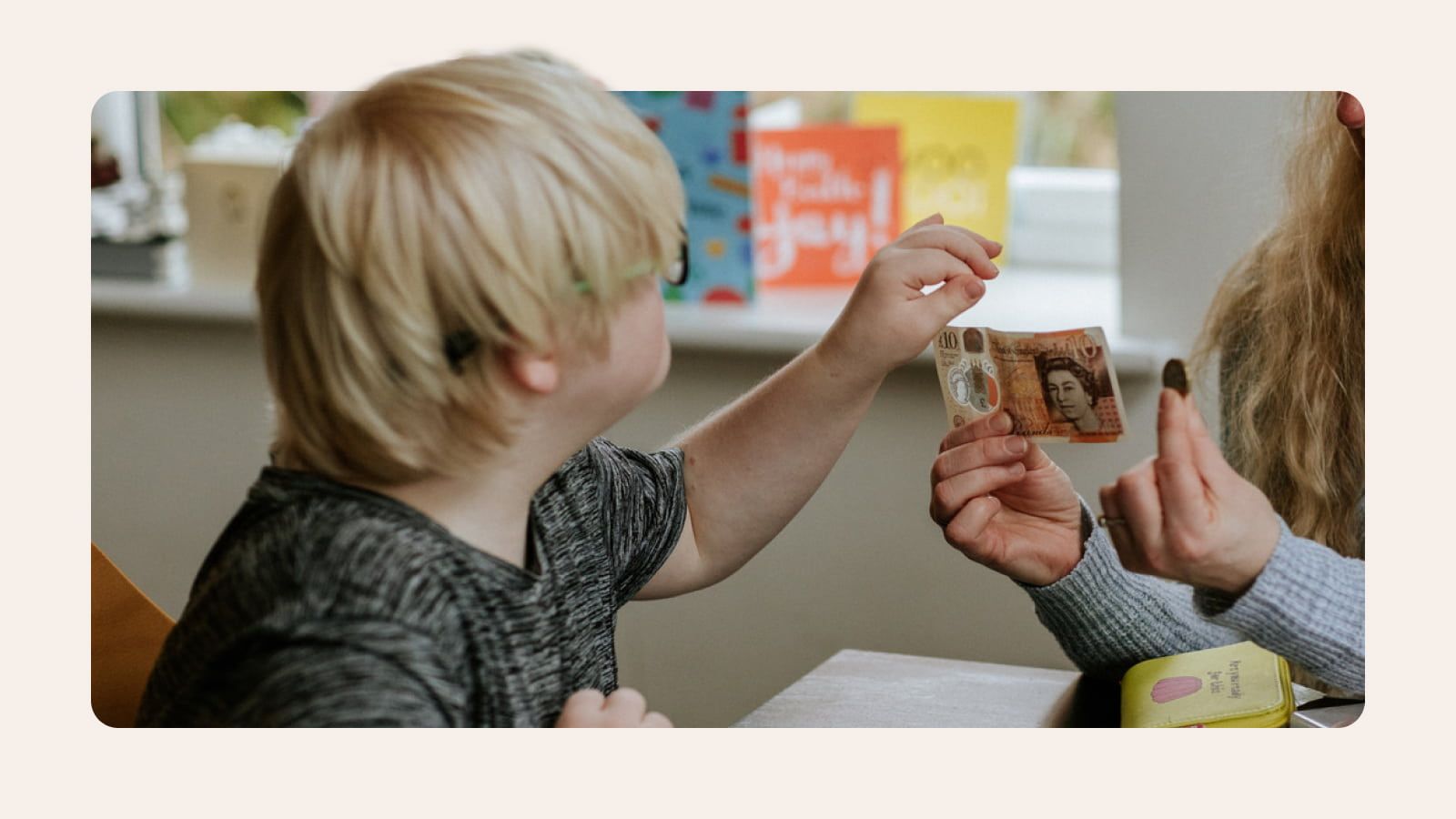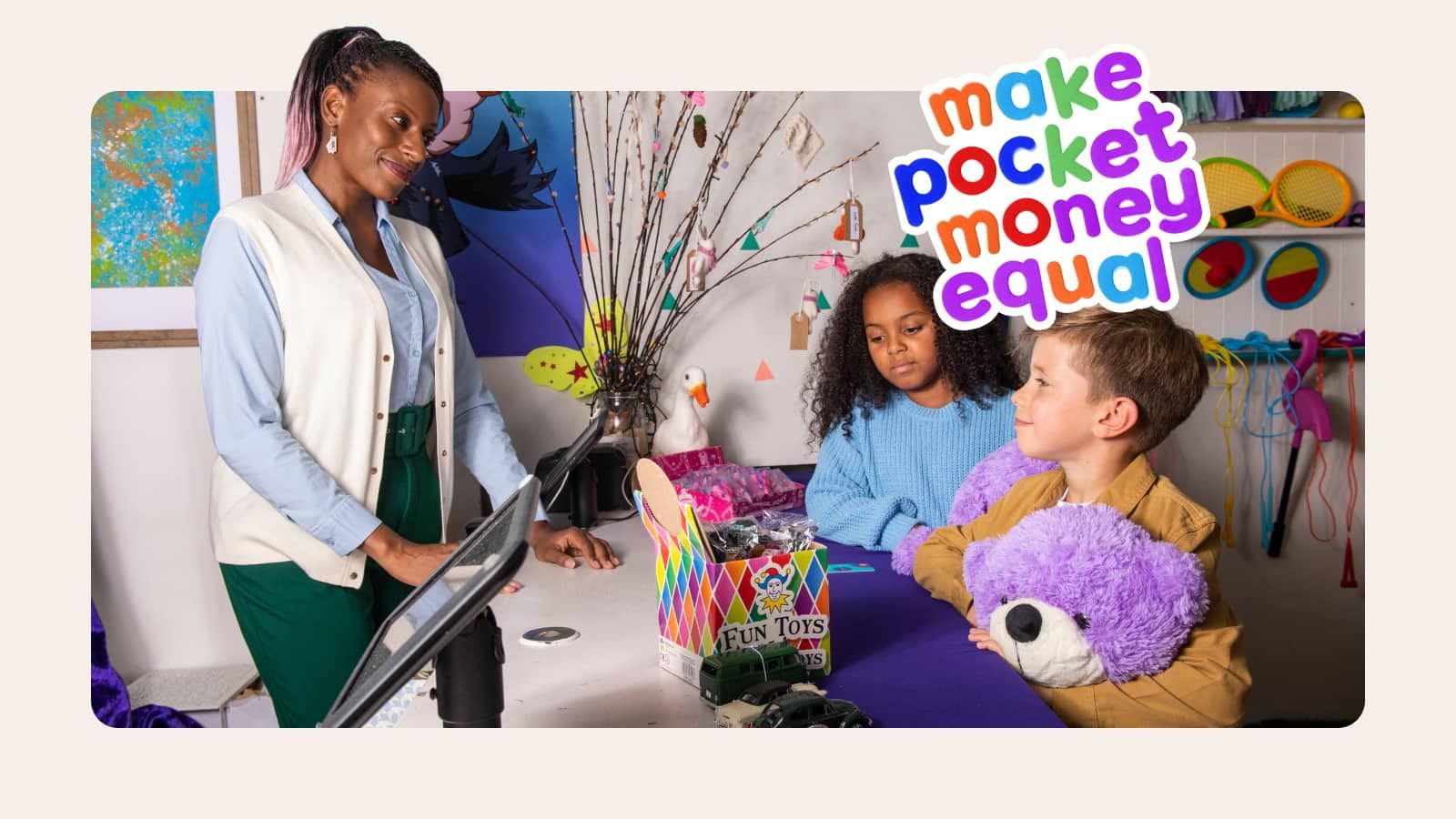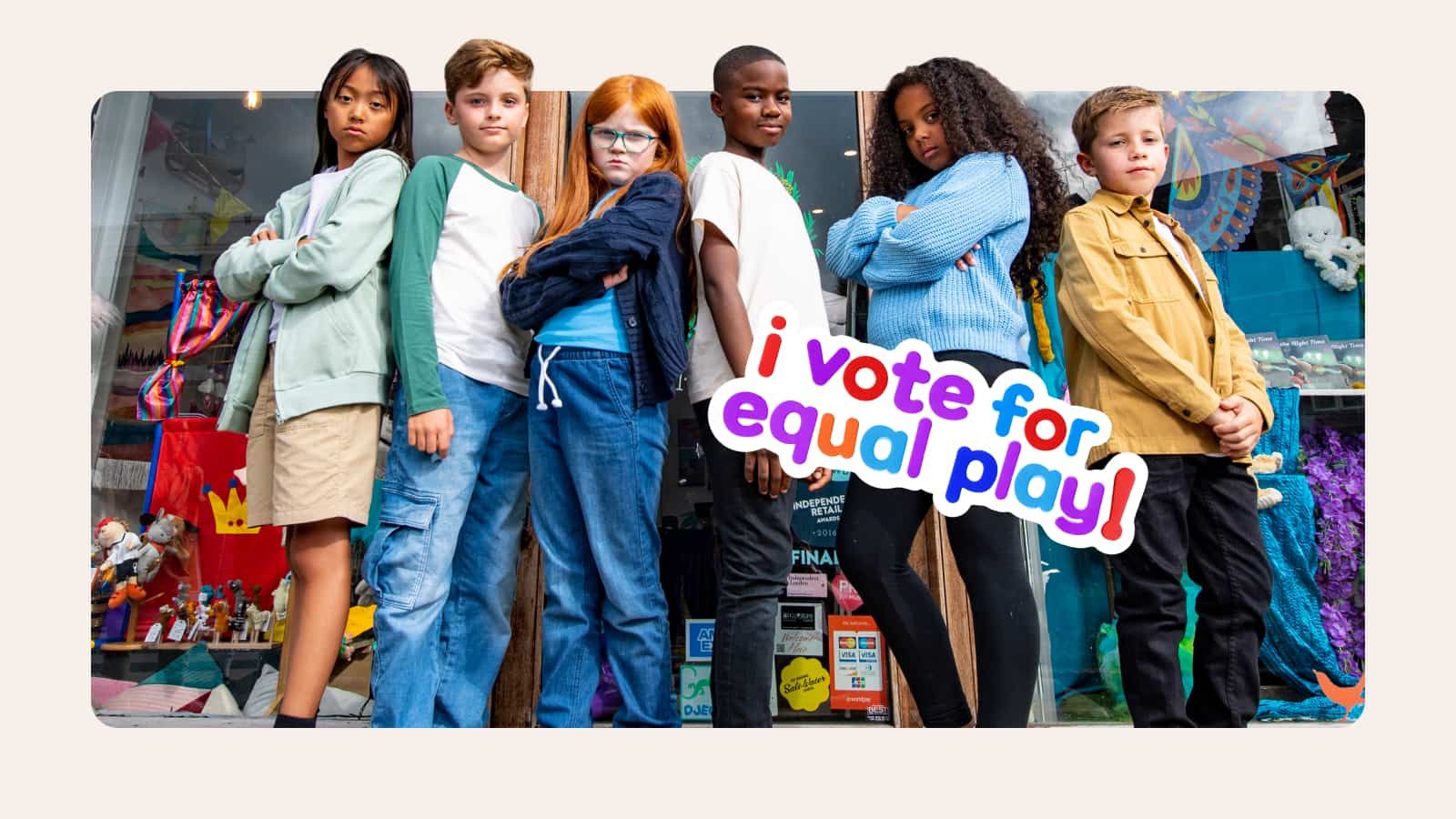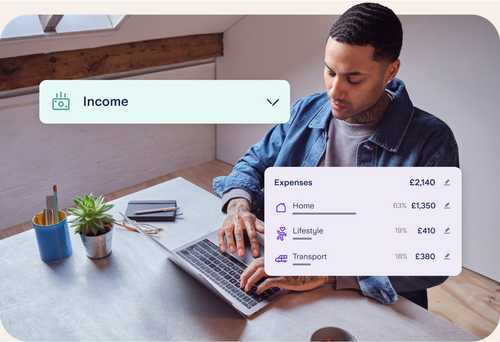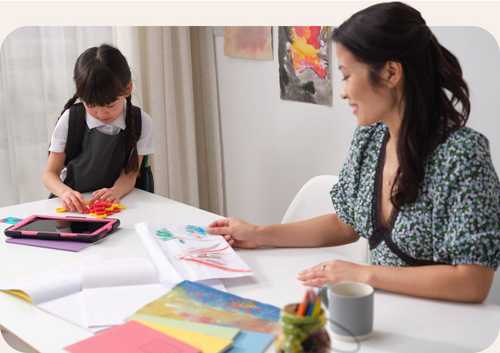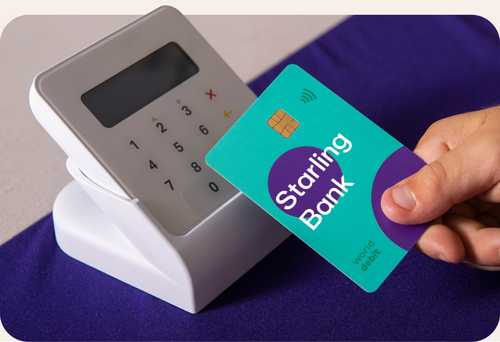The true Play Gap revealed.
What contributes to the gender pay gap? Turns out, it all starts in childhood.
Download the report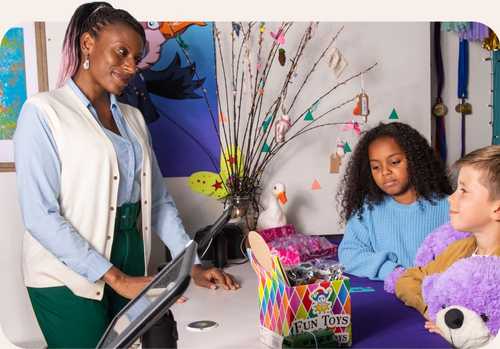
When does the gender pay gap start, and why? Working with Professor Tim Jay, an educational psychologist at Loughborough University, we discovered that boys get 20% more pocket money every week, while products marketed at girls cost 5% more.
And it doesn’t stop there. Boys and girls earn – and learn – about pocket money in different ways too, which sets them up with different financial literacy skills.
An unequal start for children leads to an unequal future for us all. Let’s Make Pocket Money Equal.
What contributes to the gender pay gap? Turns out, it all starts in childhood.
Download the reportProfessor Tim Jay suggests a simple three point step that helps parents get to grips with money talk.
Read the articleWe’ve been campaigning since 2018, raising awareness about how women are portrayed with, and spoken to, about money.
Read our manifestoProfessor Tim Jay looks at the impact of the gender pay gap on kids, why we’re campaigning and what you can do to help.
Parents should set an equal example – journalist Kate Carter examines her own efforts.
Journalist Louise Burke looks at the impact of that extra 5% – and offers guidance on gender neutral shopping.
Normalising lower pay for girls makes it more difficult for them to get pay rises in the future. Here’s how to help.
Looking for ideas to steal? Head this way for expert tips, from the minimum wage rule to digital tools.
How should you talk to kids about money? Journalist Kate Carter explores some conversation starters.
Starling business customer, The Maths Mum, explains why a slow burn approach is key in SEN education.
According to our report, men are less confident. Writer Cathy Reay offers tips.
Advice on how – and why – parents should talk to grandparents and the wider family about giving money.
We’ve launched a free, easy-to-use Budget Planner that helps you take control of your money. It only takes 5-10 minutes – remember to factor in pocket money!
Go to Budget PlannerWhat happens if you give kids control of the family budget? We asked three podcasters to find out. Dare to try it? Start with our worksheet.
Download the worksheetA practical way to get kids thinking ahead to goals – as well as factoring in weekly treats. Stick on the fridge and keep track together!
Download the worksheetHelp kids manage their pocket money and turn their spending into skills. You stay in control in your app while they learn about money.
Learn more about Kite